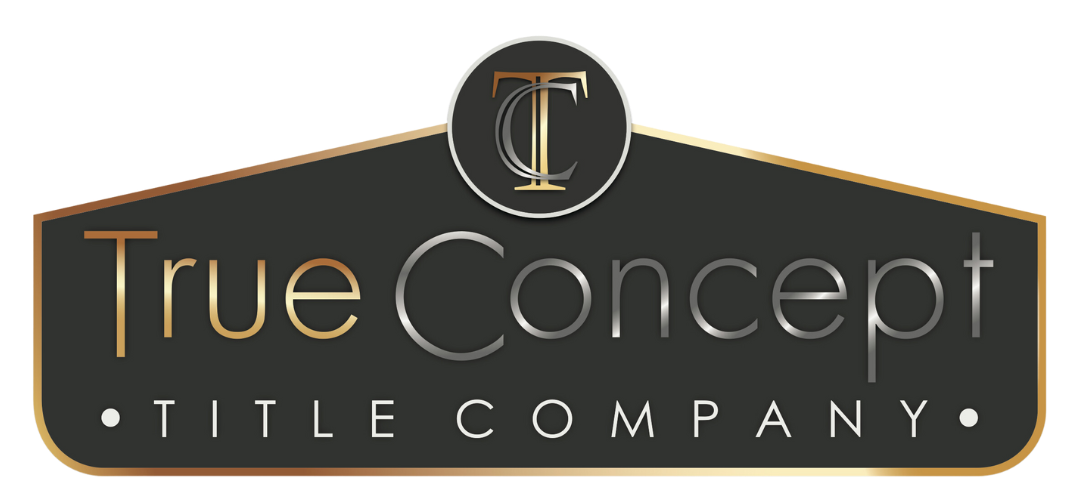Purchasing a Condo: Do I Need Title Insurance?
What’s not to love about luxury high-rise condominiums with impressive waterfront views, walkable areas, and stunning sunsets?
Before purchasing a condo, however, determining whether title insurance is required is a necessity. After all, this safeguards the property even though you don’t own the land.

Title Insurance 101
Title insurance protects your new investment by covering a buyer against potential legal issues associated with the property. There is a substantial financial risk and the possible loss of the buyer’s investment/property without title insurance.
A clear title is essential. True Concept Title and other title companies examine public records to determine whether claims, liens, conflicting wills, or back taxes are associated with the property. These issues could potentially interfere with the home buying or selling process.
What Makes A Condo Different?
Because there is no land associated with the property, title insurance for a condo may feel confusing. Do you need to purchase title insurance if you do not have to protect your property investment?
Yes, and it’s highly recommended. There are two types of title insurance:
You are required to purchase the lenders’ title insurance. If you borrow money from the bank/lender, this type of insurance protects the mortgage company. Your lender will not approve your mortgage without it.
Owners’ title insurance is strongly suggested because it is a wise investment. It protects the owner against issues such as:
- boundary disputes
- improperly recorded documents (including conflicting wills)
- building code violations
- errors on a property deed
- liens from taxing entities, contractors, or previous lenders

What if Issues Arises After I Close on My Condo?
If there are title issues that arise after closing, the financial burden of the claims is placed on the buyer, who is responsible for paying outstanding debt or risk losing the home.
Title insurance protects the buyer from financial loss from the claims. You also are protected from costs and expenses related to attorneys’ fees and any additional expenses it may be required to defend your property and title.
How To Purchase Title Insurance
Purchasing a title is relatively simple. During closing, a closing or escrow agent at True Concept Title will initiate the process when the purchase agreement is completed. The one-time fee is unlike other types of insurance that are routinely purchased to continue coverage.
A title insurance policy is relatively inexpensive and is based on the total mortgage loan or property cost. If you are refinancing, your “reissue rate” typically will result in a significant discount.
To learn how much title insurance will cost for your condo, contact True Concept Title to speak with our experts.
Protect Your Condo with True Concept Title
When it comes to buying a condo, title insurance doesn’t have to be confusing. If you are ready to purchase a condo, speak with us to learn more about purchasing title insurance and how to protect your new home.
Call True Concept Title today at (813) 263-7168 to talk with our experienced title and escrow specialists.










